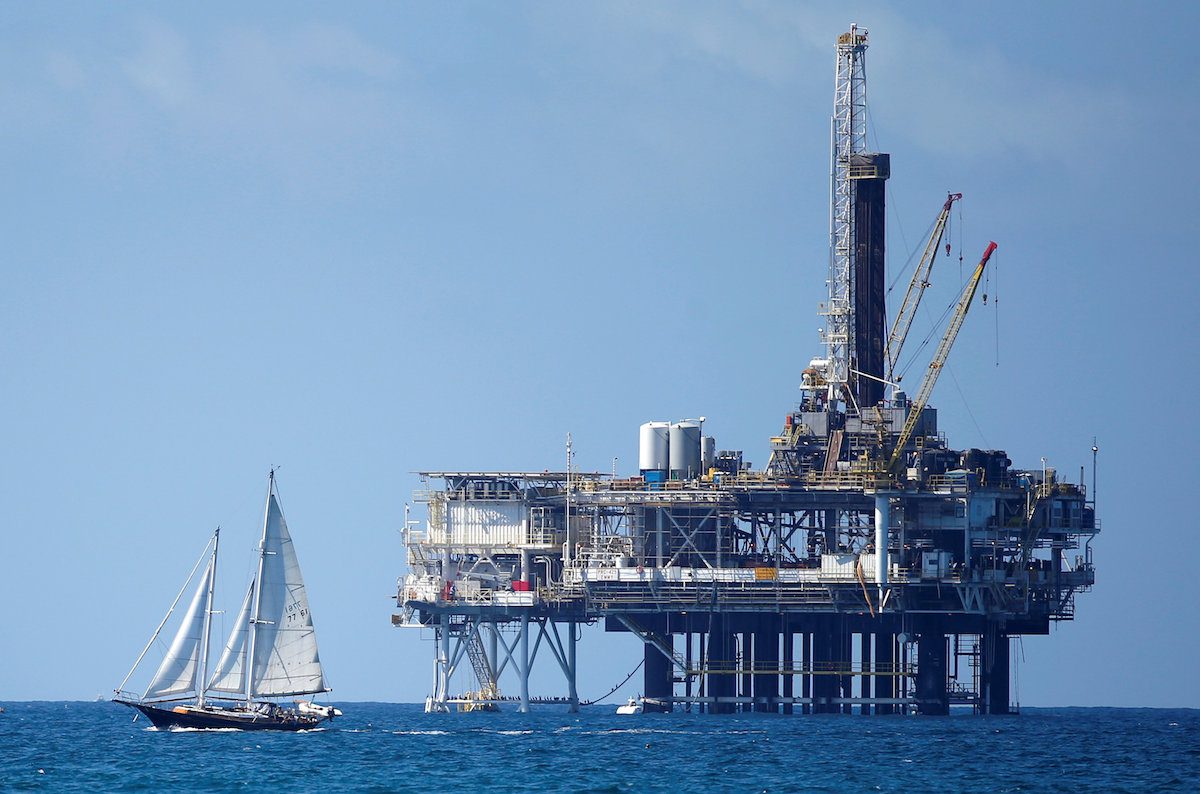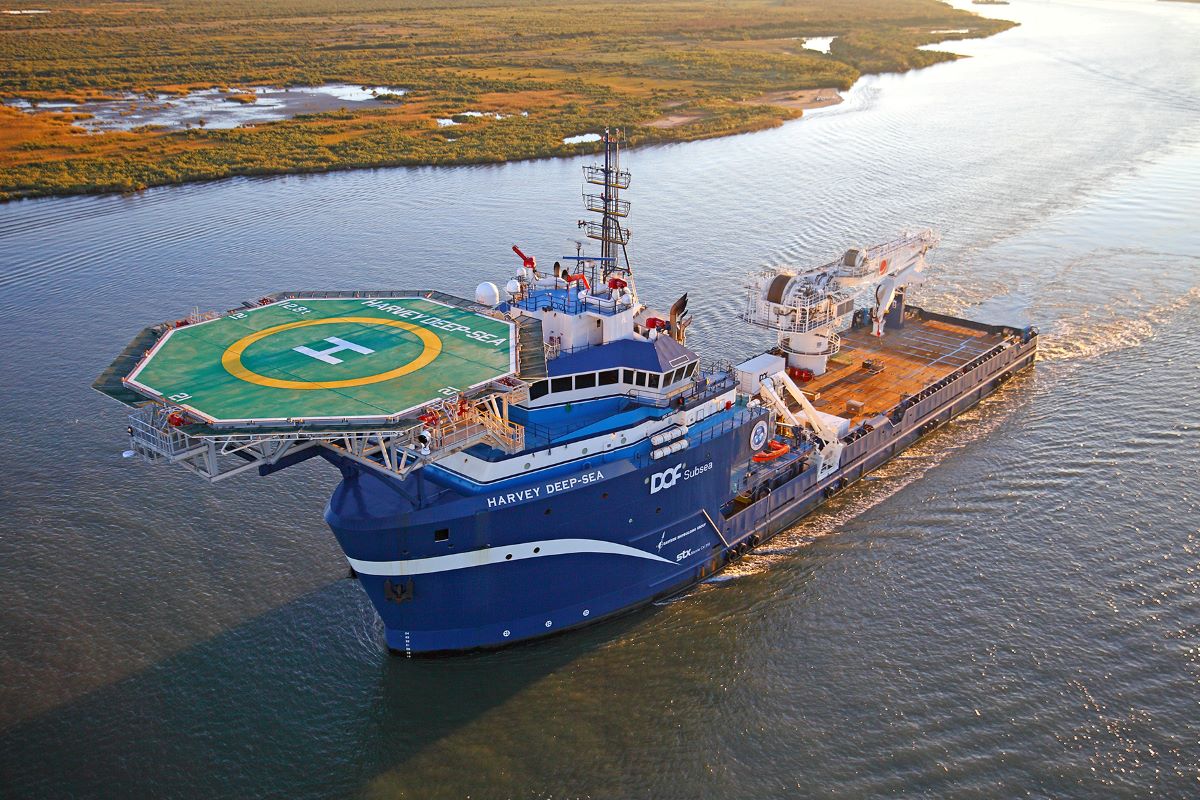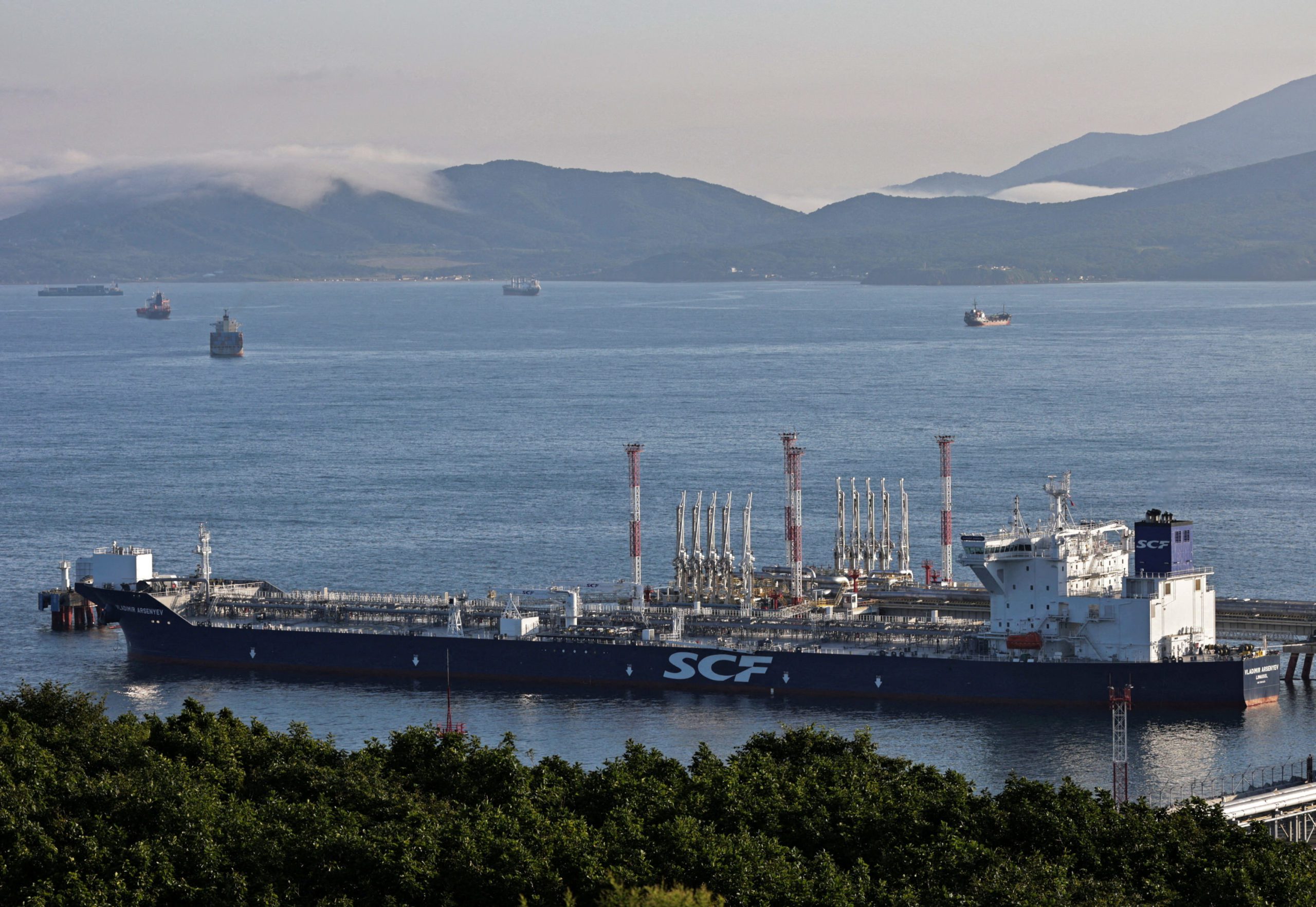HOUSTON–A federal safety agency has determined that the offshore-drilling industry is relying on the wrong data in its quest to prevent major accidents like the 2010 Deepwater Horizon blowout.
Offshore oil and gas drillers put too much emphasis on items such as individual worker injuries while neglecting better indicators of danger, such as the number of near-misses a drilling rig experiences or whether safety equipment are maintained on schedule, according to preliminary findings of the U.S. Chemical Safety Board’s investigation of the Deepwater Horizon incident.
“Personal-injury data can give a misleading picture of the safety of an operation since those accidents typically don’t correspond to major accidents,” said Don Holmstrom, the agency’s lead investigator. “Areas such as incident investigation, change management and equipment maintenance need to be a focus over and above personal injury and prevention.”
The agency’s verdict is part of a wide response among U.S. regulators to the blast in April 2010 that sank a Transocean Ltd. (RIG) drilling rig leased by BP Plc (BP) in the U.S. Gulf of Mexico, killing 11 and unleashing the worst offshore oil spill in U.S. history.
The CSB typically investigates accidents at chemical plants and refineries, but a Congressional committee asked it to compare the Deepwater Horizon disaster to the lethal 2005 explosion at BP’s Texas City refinery. The CSB’s safety investigation on the Texas City incident led to widespread changes in petrochemical industrial processes.
Some in the offshore industry have resisted the agency’s efforts, saying it lacks jurisdiction over offshore matters. Transocean is fighting subpoenas by the CSB to interview its employees, an issue that is pending before a federal judge in Houston.
In its report and in papers to be presented by experts during two days of conferences starting Monday in Houston, the CSB said that the offshore-energy business in the U.S. has not done nearly enough to bring its operating procedures up to par with those found in the North Sea and other offshore-exploration areas.
U.S. regulators don’t require companies to report all incidents that lead to the release of oil or gas, and also don’t require the reporting of “kicks,” instances where there’s a significant surge in pressure from a well that could lead to a blowout, according to a paper by Andrew Hopkins, a professor at the Australian National University.
But regulators in Norway and Australia require all hydrocarbon releases, even small ones, to be reported as well as all kicks. Tracking such incidents, how quickly crews respond to them and whether companies keep key safety equipment maintained on schedule could give a better picture of how well prepared operators are to handle actual risks, according to Mr. Hopkins.
The industry’s emphasis on personal injuries led Transocean to report 2010 as its best year ever for safety performance, based in large part on the number of incidents it was required to report to regulators for every 200,000 employee hours worked. The company issued large bonuses to top executives because of the safety performance figures but later donated the bonus money to a fund for the families of victims of the Deepwater Horizon blast.
After the Deepwater Horizon catastrophe, the U.S. energy industry created the Center for Offshore Safety to develop new standards for offshore exploration and production. The center’s director, Charlie Williams, is expected to testify about the group’s work on Tuesday.
The CSB will release specific safety recommendations for equipment related to the accident, including the blowout preventer, later this year. The blowout preventer is a valve that controls the flow of oil and gas out of a submarine well; it failed during the Deepwater Horizon incident.
Copyright © 2012 Dow Jones & Company, Inc.

 Join The Club
Join The Club



![US: Offshore Drillers Focus on Wrong Safety Data [REPORT]](https://gcaptain.com/wp-content/uploads/2012/07/shutterstock_102039382.jpg)







